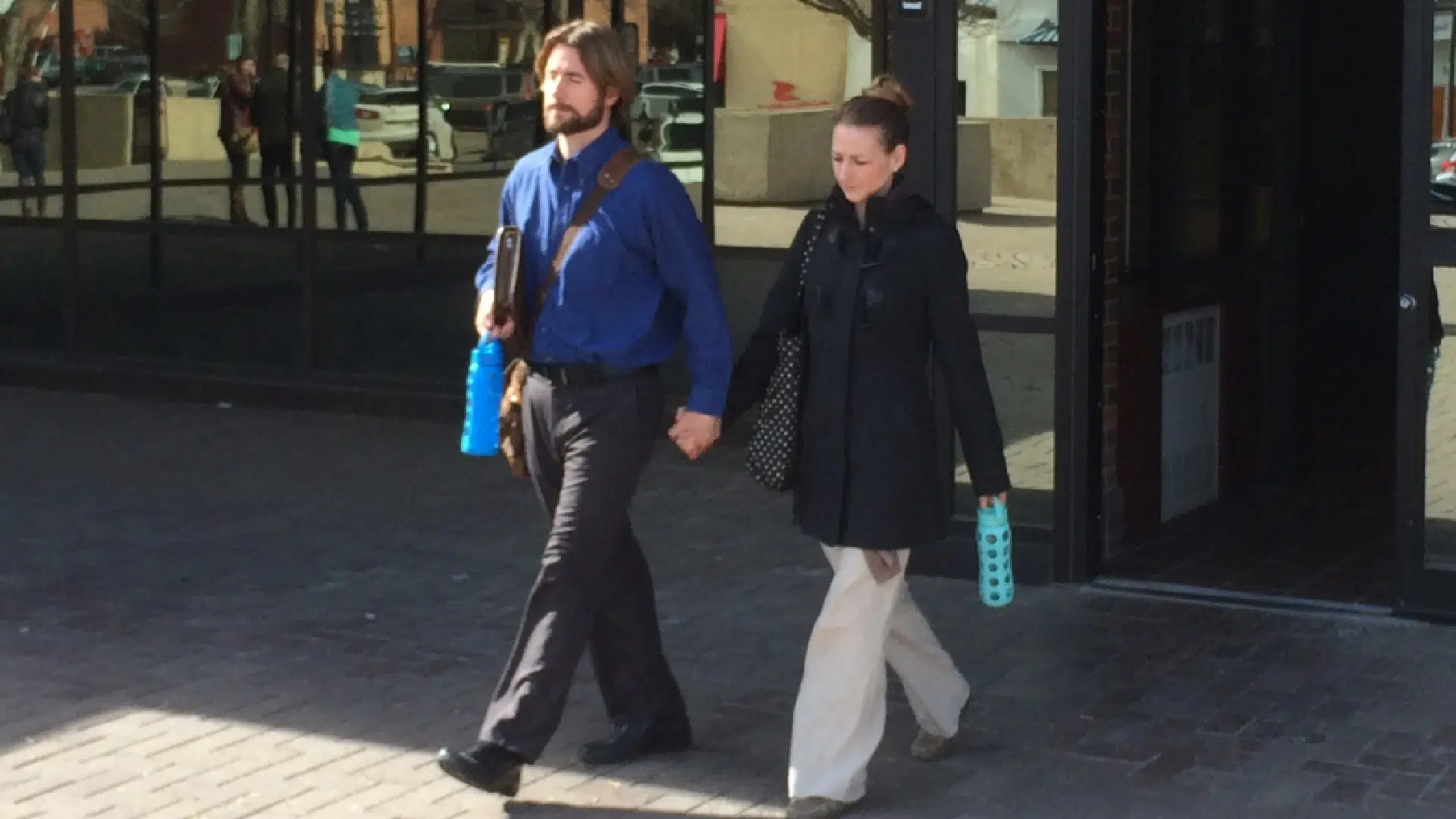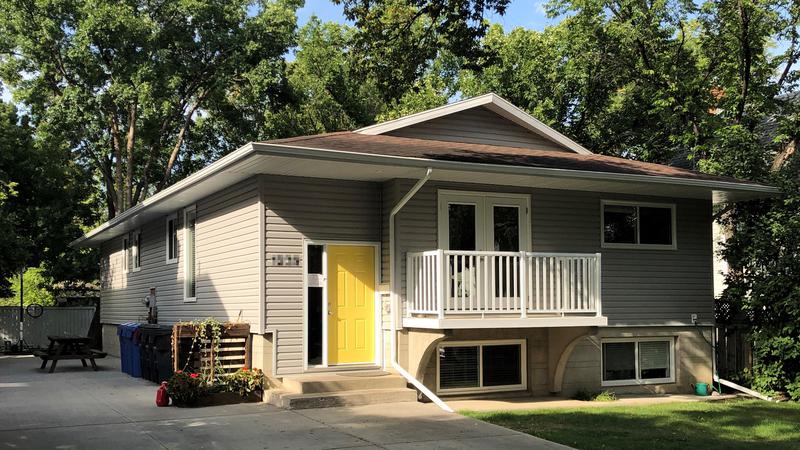
Paediatric Specialist Testifies in Trial of David and Collet Stephan
LETHBRIDGE: The trial of David and Collet Stephan resumed Monday, on charges of failing to provide the necessities of life.
The charge is in connection with the death of their 18-month old son, Ezekiel, who died of bacterial meningitis in 2012. The Crown alleges the Stephans should have got medical care for Ezekiel sooner, as they didn’t call 911 until he stopped breathing.
Doctor Shauna Burkholder took the stand to start the day. She was the paediatric intensivist on-call in the Paediatric Intensive Care Unit at the Alberta Children’s Hospital in Calgary on the night of March 13, 2012. She was contacted to consult by the Cardston Hospital, and arranged for Ezekiel’s transport to Calgary via STARS Air Ambulance.
After Ezekiel arrived in Calgary, Burkholder said she became concerned that he had suffered, “A very severe and significant brain injury”, as he was not breathing on his own and his pupils were fixed and dilated. She ordered a CAT scan, which showed the brain had been very compressed due to swelling, calling the results “devastating”. She attributed the swelling to meningitis, saying compression on the brain stem stopped his breathing, which then stopped his heart.


